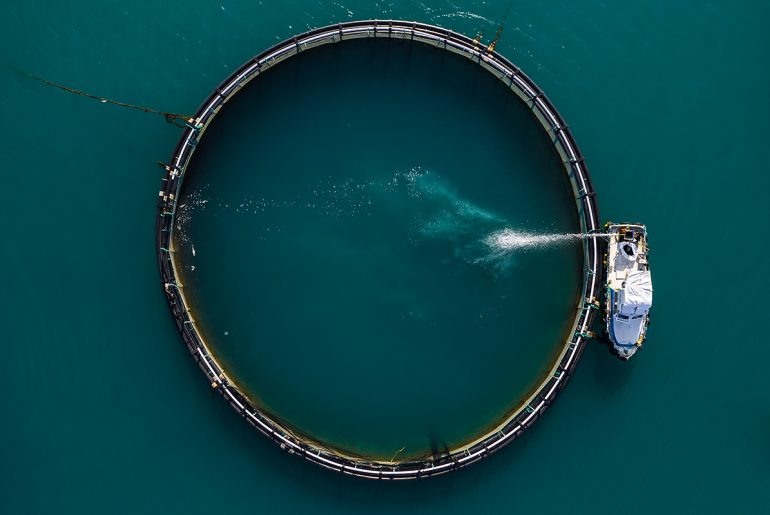Malta is the smallest country in the Mediterranean, but it has the largest tuna fattening capacity in the world.
Malta has become hooked on tuna farming or fattening: it has reportedly become the country’s second-largest or third-largest export industry, worth more than €150 million in exports yearly.
Yet the impact on the marine environment has yet to be calculated, although it is understood to be damaging and matched, in its scope of damage, by the impact of tuna fattening to our reputation – together with sales of passports and rampant bird hunting, tuna farming is seen as another troubling, abominable activity that many countries have shunned or limited but that Malta has embraced.

What is tuna fattening and why is it so lucrative?
Atlantic blue-fin tuna is caught in the central Mediterranean in late spring and early summer when it migrates into the Mediterranean to spawn. The tuna migrates in great shoals, and these are rounded up by industrial purse-seine fishing operations mostly belonging to French and Italian fleets.
Captured tuna are then transferred to so-called carrier cages, which are then towed slowly to the farms in Malta. There are four farms in Malta, three of them situated around 6km off-shore of Marsascala and the fourth located in the northwest of the island.
The wild, large tuna – which typically weigh around 150kg – are then fed pelagic fishes, mostly mackerel, to be “fattened.” This augments their fat-to-meat ratio to a level that is highly valued in the sushi and sashimi market in Japan. The tuna is then eventually slaughtered in autumn, and most of it flown to Japan, with the tuna farms selling it at a wholesale price of €19 per kilo in 2022.

Heavy environmental impact
The tuna farms are thought to be one of the main sources of floating patches of slime that plague parts of the Maltese coast. Maltese farms were also at the centre of a massive smuggling racket uncovered in a Spanish-led investigation called Operation Tarantelo.
Such illegal activity is thought to have become more attractive as the market for tuna has grown in Europe – much of the smuggling that has been unearthed has been of tuna destined for the local or European market.
Another impact is on marine food systems due to the tuna’s voraciousness: tuna gobble great amounts of fishes as they ‘fatten’.
Victor Paul Borg has been investigating the tuna farming industry for twenty years. He has taken part in several international journalistic investigations into the tuna fattening industry.
Read more:
Stalled court proceedings contribute to impunity in tuna fishery
Maltese government continues its support of unsustainable tuna fishery
Contribute to an investigation
Victor Paul Borg is currently working on various investigations. Click on the button below to contribute to one of them.



